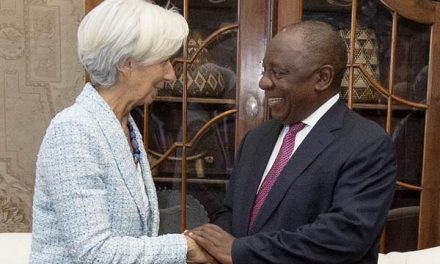
Tourism is everybody’s business

By Mufaro Njabulo Nesongano
NWR Manager: Corporate Communications and Online Media
A quick search for the definition of the word tourism provides you with the following – the commercial organisation and operation of holidays and visits to places of interest. However, if you delve deeper, you would realise that tourism goes far beyond visiting sites and enjoying a great holiday.
The industry has so many different touch points such as township tours, adventure activities, transportation services, cultural cuisines, and so many other aspects that genuinely make it everybody’s business.
During the past few years, I have become quite appreciative of the significant role this sector plays within a country. Though quite recently, I had two experiences that had me appreciate the importance the industry plays and why it is everybody’s business to safeguard it. My first experience was when I travelled to Africa’s Travel Indaba which is one of the most significant tourism marketing events on the African calendar, and one of the top three ‘must visit’ events of its kind on the global calendar.
The Africa Travel Indaba has been hosted in Durban for several years and has ultimately contributed meaningfully to the province of KwaZulu-Natal. For instance, the province intends growing tourism contribution to its economy to reach between R65 billion and R98 billion in the very near future which would result in the generation of not less than 183,000 job opportunities for its people.
Such figures showcase the potential and possibilities that exist within the sector and how so many more people can benefit from it. One example that I saw which provided excellent employment opportunities for many of the youth in Durban was Uber, which is the most recognised ride-sharing alternative to traditional taxis. During my trip, I decided to only make use of Uber as an alternative to taking taxis.
What came out quite strongly was how many young people who were previously unemployed or are studying earn an additional income by being uber drivers for tourists and locals alike. For instance, one of the drivers I chatted to during one of my rides told me that he does this as a side job even though he has full-time employment. He said during the Indaba he tends to make an average of R6000 per week and can sometimes earn more on busier days. He excitedly told me that, the beauty about uber for him is that he can do it whenever he needs extra cash and does not need to own the car he drives as there are people who hire their vehicles out.
This alone got me thinking of the opportunity that our youth here in Namibia could benefit from, by looking at the alternative of Uber in Namibia, which is LEFA, which is a shuttle requesting application that connects drivers and passengers. This could be one opportunity for our youth to not only get an income for themselves but also partake in the tourism sector.
The second experience was on my recent trip to Swakopmund. Having visited the coast so many times, this time around, I decided to take on a township tour to understand the impact cultural tourism has on the sector. So, one afternoon, a representative from Hafeni cultural township tours came to pick me up with six other guests for one of their cultural tours. The trip started at the local market in Mondesa, where we got to experience how the local entrepreneurs survive by selling dried fish, mopane worms, beans and many other cultural delicacies. The guests I was with were quite impressed with the tenacity and drive these entrepreneurs had, with some of them purchasing some goods to take with.
Though the experience that stood out was our visit to an Ovaherero home, which also includes a kindergarten. During our visit here, we got to understand the history of the Ovaherero culture, including how the dressing code came about. Most importantly, was the detail that our tour guide Jonas went into, which made it a pleasure to understand the history of one of Namibia’s people better. At the establishment, some of the tourists bought some souvenirs that were for sale, which are aimed at assisting the kindergarten’s maintenance.
During these two instances, I got a deeper appreciation of why; tourism is truly everybody’s business. Aside from the international tourists we receive, we as the domestic travellers owe it to ourselves to explore different places whether regionally or locally because through this, not only do we expand our horizons we also contribute economically to varying sectors within the country.













































